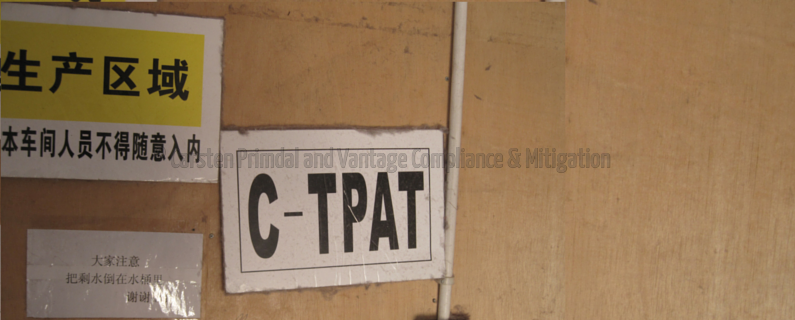The world market place is as tough and challenging as it has ever been. No longer just competing with the business down the street, producers today face competition from around the world. Keeping costs down and quality up are the best strategies for eventually seeing a profit. In the effort to keep costs down, however, some international producers take shortcuts in evaluating the quality and reliability of their chosen off-shore manufacturing facility. Instead, they sweep past the “paperwork” on their way to the lowest price. Doing so may be much more costly than they imagined.
As the global market has grown, so, too, has the need for development of standards that can pass quality testing in more than one country.
The International Organization for Standardization (ISO) is a non-governmental membership organization and the world’s largest developer of voluntary international standards. Comprised of 162 member countries, producers and manufacturers know that ISO-certified goods and supplies will meet quality standards in their home countries. Factories that can present documentation of their ISO compliance can ensure steady work for themselves, and will produce quality goods.
Not all factory “documentation” is legitimate, however. Often, several certificates are necessary to demonstrate that the chosen factory is compliant with the health and labour, environmental and safety standards of the region. Cultural, language and other barriers can impair the foreigners’ comprehension of a presented certificate. Many look credible but are actually reproduced, re-mastered copies of another factory’s legitimate certificate. Products that are produced by an uncertified factory can be of poor quality and shoddy workmanship. Worse, it is the international producer’s reputation that will be bruised when the goods are delivered to the home country.
Failure of certification can come through many avenues. Sometimes it is the factory management that creates the false trail of ‘credible’ information, as they seek to improve their own profitability by trading contractually-required supplies for less expensive ones. Sometimes, the inspectors are not qualified to perform the inspections or audits necessary to ascertain the standards necessary for certification. And many, if not most, international producers do not want to become experts in the field of factory accreditation certification – they want to manufacture and sell their proprietary goods.
The problem is made more difficult when some industries don’t recognize or seem to care about how standards violations impact workers and communities. Some industries elect to set standards within their industry that don’t have the high level of oversight or accountability as those proffered by ISO. In 2012, Apple®, the maker of all things “i-“, announced that it had started independent audits on its Chinese supplier factories after complaints were filed about possible human rights violations. At the time, Apple was (and still is) a member of the Electronic Industry Citizen Coalition (EICC), a member organization that puts out “guidelines” for evaluating Chinese factories and possible human rights violations and other abuses. Although the EICC guidelines set ethics, worker safety and labor practices standards, there is no requirement for members to disclose findings and the group has no enforcement powers.
In addition to the EICC, Apple partnered with the Fair Labor Association, a US-based group that works with companies to improve the lives of their labourers. In China, the FLA has assisted supplier corporations to implement successfully fair wages, holidays and benefits systems in their factories.
For international producers, this disjointed system of varying “standardization” can be confusing at best, and lead to disastrous business decisions at worst.
Many international producers avoid the potentially disastrous processes of researching individual suppliers AND confirming the credibility of their certifications. Instead, they access the services of manufacturing supply chain experts who have years of experience in the Chinese manufacturing market. Experience in the market means the agent already knows the languages and customs that make the region unique, and that colour the culture of the industrial sector. With these services at hand, every international producer of goods can be assured that their Chinese supplies factory does not just claim certification compliance but actually properly attained standards compliance and implements compliance practices.
To discuss the accreditation of your Chinese supplies factory, contact us today.
If you would like to know more, you can download a free report “8 Problems Businesses face when sourcing from China here.
https://vantagecompliance.com/8-problems-businesses-face-when-sourcing-goods-from-china-bg/
This blog was written by Carsten Primdal, an independent consultant who helps businesses that have manufacturing done overseas – especially in China – to minimise supply chain risk.Drawing on years of on-the-ground experience and a strong understanding of the cultural and commercial context, Carsten is passionate about helping his clients to gain greater control over the risks most companies face knowingly or unknowingly.
Questions? Concerns? If you are considering buying from Chinese factories and would like more information, please feel free to contact us see what Vantage Compliance can do for you.
I can be reached at carsten@vantagecompliance.com or on (+61) 413 089 020



